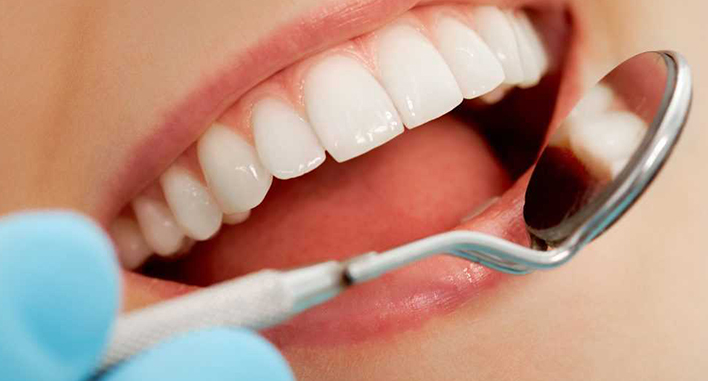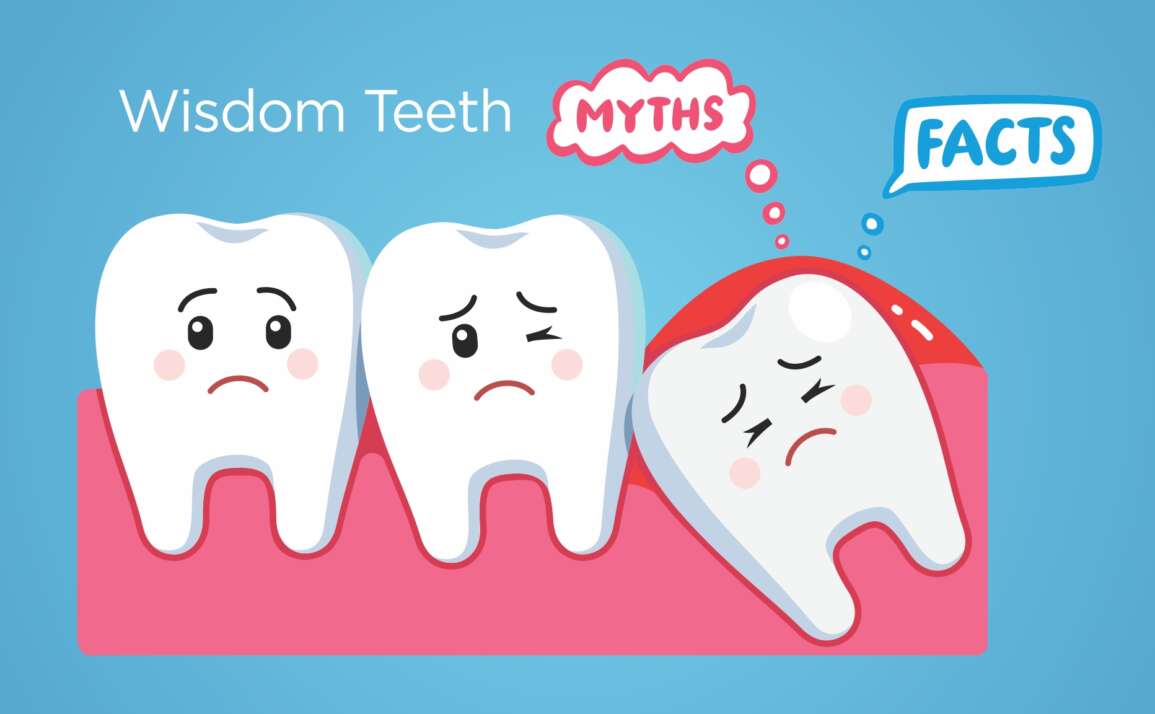Your teeth are a daily necessity for eating. You can take better care of them and maintain your smile for a very long time by learning more about them and how your habits affect your dental health.there are 10 things you know about your teeth are mentioned below:
- No one else has your teeth.
Like a fingerprint, only you have a set of teeth. In order to identify human remains, dental data is occasionally employed. In fact, no two people have exactly the same set of teeth. You also have a distinct “tongue print” on your tongue.
- 32 of them are available.
You have eight incisors (front teeth), four canines, eight premolars, and twelve molars in your mouth, working backwards from the front.
- They resemble icebergs somewhat.
Your gums cover about a quarter of each tooth. Because of this, maintaining healthy gums is just as crucial as maintaining healthy teeth. Your gums ought to be firm and pink in color.
- The toughest component of your body is your enamel.
The enamel on your teeth is the outermost layer.Its main objective is to safeguard the remainder of the tooth, much like a hard shell. Like your bones, the enamel is mostly composed of phosphate and calcium, but it is strengthened by the unique proteins and crystalline structure that it is built of.
- However, it is not unbeatable.
Even though the enamel is intended to safeguard your teeth, it is nevertheless susceptible to decay and can chip or break. When sugars and acids, such as those in soft drinks, mix with oral bacteria and destroy your enamel, tooth decay begins. When used frequently or slowly during the day, soft drinks are very harmful.
- “Yellow” denotes degradation.
That’s not just a coffee stain. Your teeth’s white appearance is largely due to the enamel, which can turn yellow when it deteriorates. Any pain you experience can potentially be caused by deteriorating enamel.
- Dentin grows, enamel doesn’t.
The layer beneath the enamel is called dentin, and it is a lot more durable than your bones. Small canals and passages in the dentin carry nerve messages and food through the tooth. Dentin comes in three different varieties: main, secondary, and reparative. The dentin changes and grows throughout your life, in contrast to the enamel, which is essentially static.
- 300 different species of bacteria live in your mouth.
Plaque is made up of between 200 and 300 distinct species and millions of bacteria. Streptococcus mutants, which turn sugar and other carbs into the acids that erode your teeth, are the primary cause of poor dental health.
- The enemy is plaque.
It is sticky and white, and it is expanding constantly. It can lead to tooth decay if you don’t remove it on a regular basis with brushing and flossing. Plaque hardens into tartar if it isn’t removed. Therefore, ensure that you brush and floss at least twice each day, and visit the dentist for routine cleanings.
- 10,000 litres of spittle.
A lifetime’s worth of saliva production amounts to roughly 10,000 gallons, or approximately a quart, per day. Numerous vital functions of the saliva are crucial to your general health. For instance, it facilitates swallowing and includes enzymes to hasten digestion. Saliva cleans away food residue from your teeth and includes phosphate and calcium, which can counteract the chemicals in plaque that corrode tooth enamel and cause decay.


